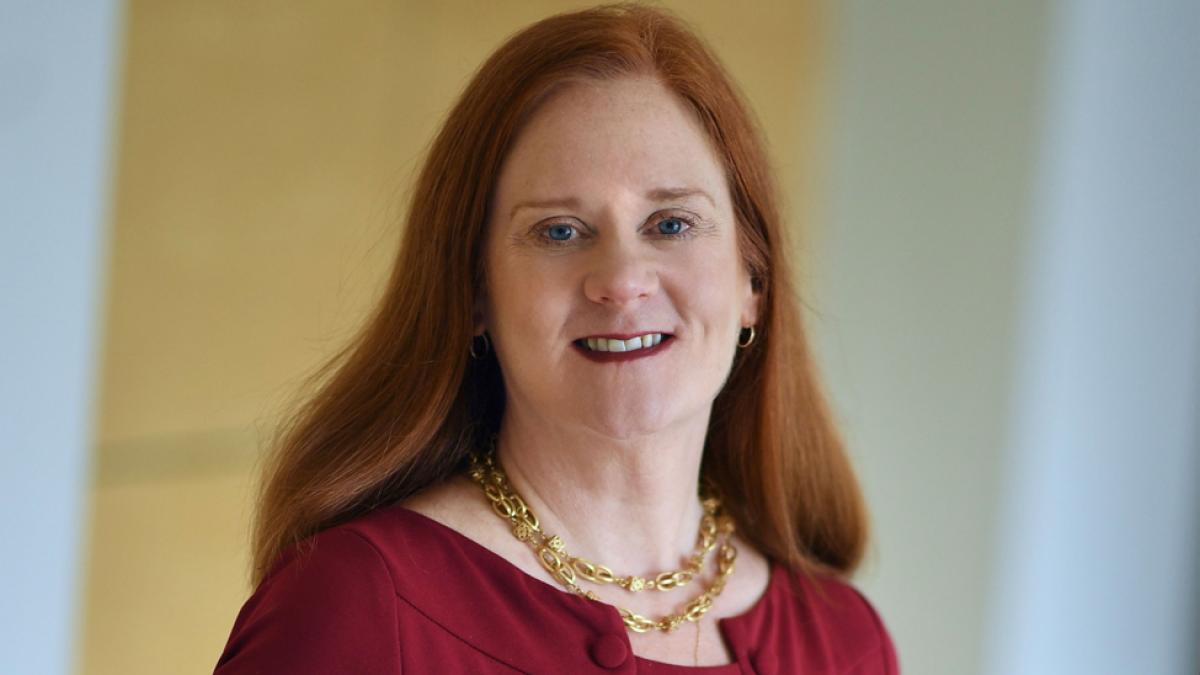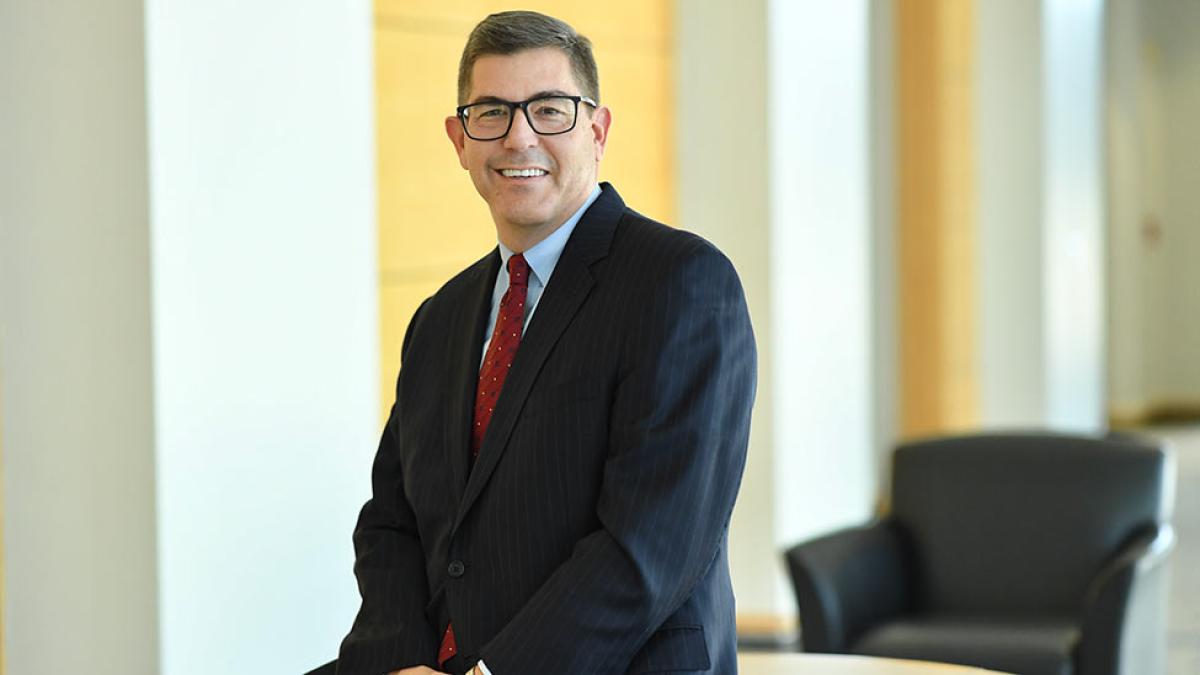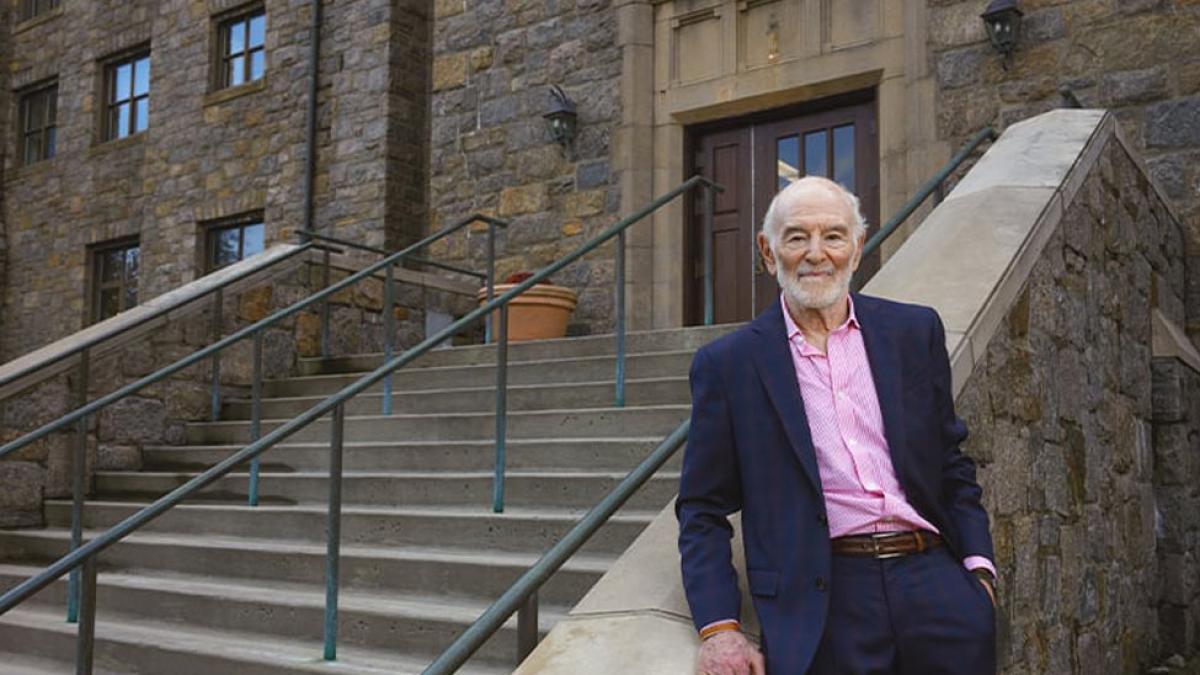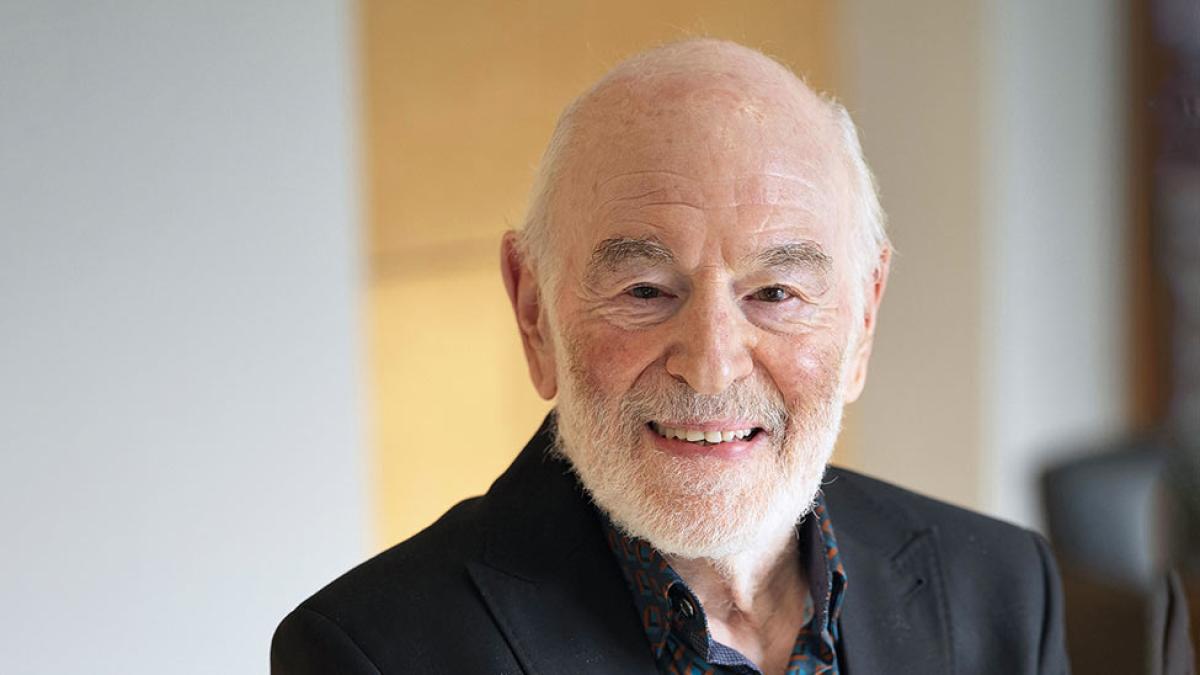Is the U.S. Tax Code Anti-Feminist?
In a New York Times interview, Pace Haub Law’s Distinguished University Professor Bridget J. Crawford explains how the tax code is “not neutral” and how it can reinforce gender inequality by undervaluing caregiving, penalizing some second earners, and privileging wealth over work. “Feminism is, at its core, the effort to ensure that our legal and economic systems allow everyone to live with equal dignity, autonomy and economic security,” Professor Crawford says.

The Hidden Park Under the Brooklyn Bridge
Pace receives a mention in a New York Times video, “The Hidden Park Under the Brooklyn Bridge.” In the segment, architecture critic Michael Kimmelman tours the long-overlooked public space known as Gotham Park as it undergoes transformation—spotlighting the civic and urban conversations unfolding in Lower Manhattan.
This 'Heated Rivalry' Star Is Hard Launching His Relationship
In USA Today’s story on actor Hudson Williams, Melvin Williams, associate professor of communication and media studies at Pace University, noted that while celebrity journalism often seeks intimate details, “celebrities and non-celebrities do not owe the public a confirmation or explanation about their sexual orientations.”

Maintain And Improve The Cybersecurity Program Of Your Firm Or Organization
Cybersecurity remains front and center in a new Reuters op-ed by Haub Law Professor John Bandler, who stresses that cybersecurity programs require continuous maintenance and improvement. Having a plan, he writes, is only the starting point; organizations must adapt proactively to evolving digital threats.

The Social Neuroscience of Eating and Behavior Change with Dr. Christen Cooper
In a new episode from NPN Hub, host JJ sits down with Dr. Christen (Chris) Cooper, founder of the Master’s in Nutrition program at Pace University, to explore the social neuroscience of eating and long-term behavior change. Cooper explains how food choices are shaped more by community, culture, identity, and environment than by calorie counts or willpower, highlighting why traditional “clipboard nutrition” often fails. He shares practical strategies for navigating social norms around eating and illustrates the power of food to build connection and emotional regulation, including a transformative story from a Bronx school where gardening and cooking fostered cooperation and calm.
Higher Education’s Quiet Redesign: Why Credit Mobility Became The New Front Door
In Forbes, Pace University is highlighted as part of higher education’s “quiet redesign,” with institutions embracing credit mobility as a new front door to access. The piece notes how flexible transfer and credit-stacking pathways are expanding opportunity and accelerating degree completion for today’s learners.

Op-Ed | President Trump’s Transportation Policy Idiocy
Haub Law Professor Bennett Gershman pens an op-ed in amNewYork, criticizing what he describes as the administration’s misguided federal transportation agenda. Professor Gershman argues that the approach undermines sound governance and raises broader concerns about accountability and the long-term consequences for public infrastructure — the story was picked up by Europe Says.

Your Kids Might Be 'Aura Farming' And 'Clip Farming.' Do You Know What It Is?
Dyson Professor Melvin Williams speaks to USA Today discussing emerging Gen Z slang like “aura farming” and “clip farming,” explaining how coded language reflects younger generations’ deep reliance on digital platforms to shape identity and social life.

Scientists Find Changing Your Diet to This After 45 Adds Over 3 Years to Your Life
In Prevention, new research shows that changing to a healthier diet after age 45 can add years to your life—potentially more than three—by improving long-term health outcomes such as blood pressure, cholesterol, blood sugar, and inflammation. Christen Cooper, R.D.N., associate professor in the College of Health Professions at Pace University, explained that plant-forward eating patterns rich in whole grains, fruits, and vegetables were key drivers of increased lifespan in the study’s analysis of more than 100,000 participants. Making sustainable, nutritious dietary changes later in life can be a powerful step toward better health and longevity.
"This Is Unprecedented": Bondi’s Conduct In Hearing Draws Ire Of Lawmakers And Legal Scholars
In Salon, Professor Gershman also weighs in on Attorney General Pam Bondi’s conduct during a House Judiciary Committee hearing, noting that perjury allegations would hinge on reliable evidence and underscoring that no official is immune from accountability under the law.
